There is broad support for LGBTQ equality across the U.S., despite how polarized the nation is on many other issues, according to survey results released today by the Public Religion Research Institute.
The survey, conducted from March through December of last year, found an overwhelming majority of respondents favoring inclusive nondiscrimination laws, while support for equal marriage rights is at an all-time high. There is majority opposition to allowing small businesses to refuse service to gay and lesbian customers, but that opposition has waned somewhat.
"Seventy-two percent of Americans -- including majorities of both political parties, religious groups, and nearly every major demographic group -- favor laws that would protect LGBT people against discrimination in jobs, public accommodations, and housing," notes a PRRI press release. The level of support has remained largely stable since PRRI began asking the question in 2011.
"Support for LGBT rights continues to be strong and expansive in all 50 states. Issues that in the recent past demarcated major political and religious fault lines now find broad agreement," PRRI founder and CEO Robert P. Jones said in the release. "However, this landmark survey also finds some erosion in opposition to allowing business owners to refuse to serve gay and lesbian people based on their religious beliefs."
In most states and the District of Columbia, at least two-thirds of survey respondents of respondents favor for nondiscrimination protections for LGBT people (the PRRI survey uses the term LGBT rather than LGBTQ). At its lowest levels, support dips below two-thirds in of Alaska (59 percent), Montana (62 percent), Louisiana (63 percent), Oklahoma (63 percent), Kentucky (64 percent), Alabama (64 percent), Wyoming (64 percent), West Virginia (64 percent), Tennessee (65 percent), and Arkansas (66 percent).
This support comes when only 21 states have laws banning discrimination based on sexual orientation and gender identity; Virginia will join this group in July. The Equality Act, which would ban such discrimination nationwide, is stalled in Congress; the House has passed it, but the Senate has not voted on it and appears unlikely to, and Donald Trump has said he would not sign it. The presumptive Democratic presidential nominee, Joe Biden, has endorsed it and said he would make it a priority, a stance shared by all those who sought the Democratic nomination.
Same-sex couples have had the legal right to marry throughout the U.S. since the Supreme Court's 2015 Obergefell v. Hodges decision, and since then public support for this right has increased dramatically, the PRRI survey found. Sixty-two percent of respondents in the latest survey backed marriage equality, up from 53 percent in 2015 and 36 percent in 2007.
PRRI also noted that the intensity of support for marriage equality has risen, while the intensity of opposition has waned. Support is greater among women than men, among Democrats and independents than Republicans, and among younger people, although the 2019 survey marked the first time a majority of people age 65 and older -- 51 percent -- supported equal marriage rights.
PRRI did find a modest decline in opposition to "religious refusals." Respondents were asked if they strongly favor, favor, oppose, or strongly oppose the right of small businesses to refuse to provide products or services to gay and lesbian customers if doing so would violate their religious beliefs.
In the latest survey, 56 percent opposed this right. The number has fluctuated moderately over the years PRRI has been asking the question, with 59 percent opposed in 2015, 61 percent in 2016, 60 percent in 2017, and 57 percent in 2018. The decline was most pronounced among groups that had generally opposed religiously based refusals, such as young adults and self-identified liberals.
PRRI did not pinpoint a cause for the decline. "Causes for opinion shifts are difficult to identify," the survey notes. "This policy taps into three distinct areas of opinion that could change over time: Attitudes toward LGBT people, views on how small businesses should be regulated, and religious attitudes."
The survey was conducted via telephone, with more than 40,000 interviews on specific issues. PRRI is a nonprofit, nonpartisan organization that conducts independent research at the intersection of religion, culture, and public policy.







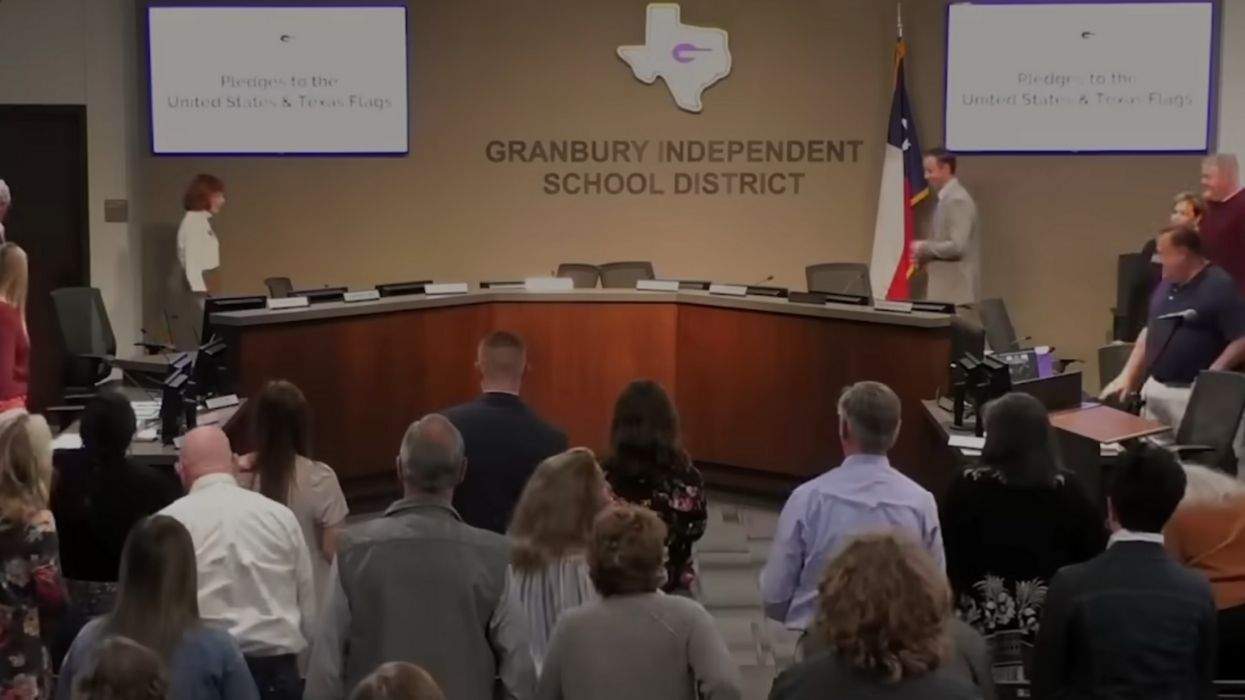

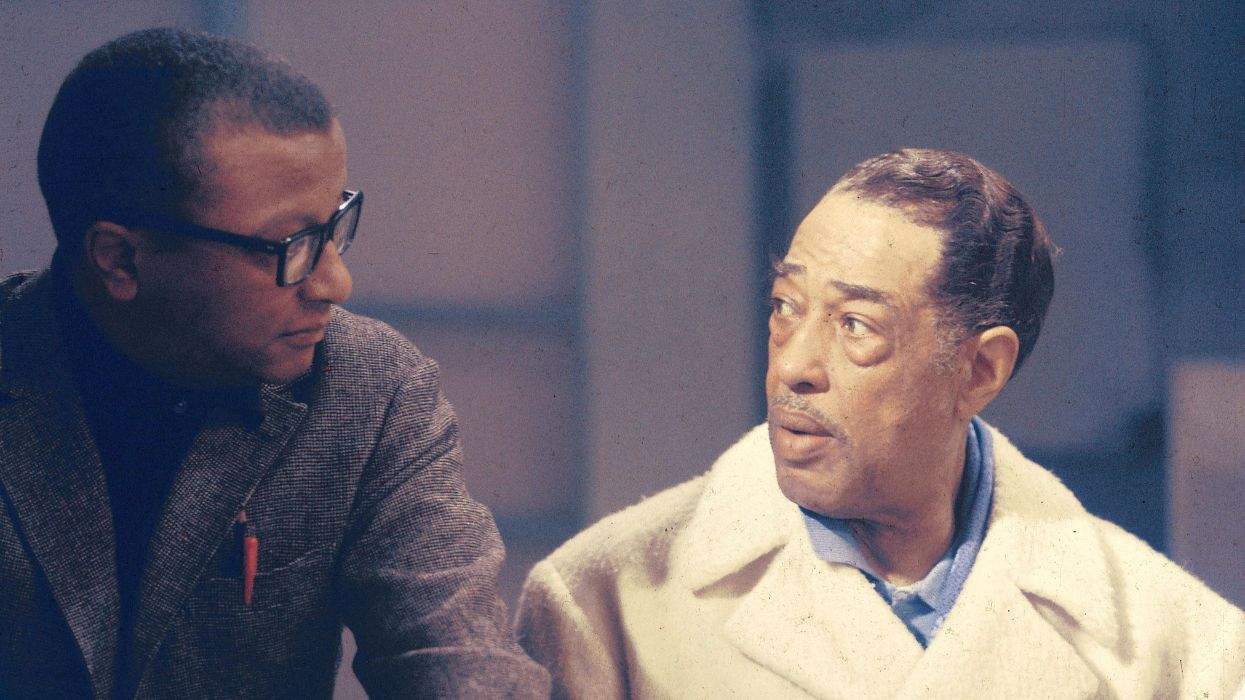


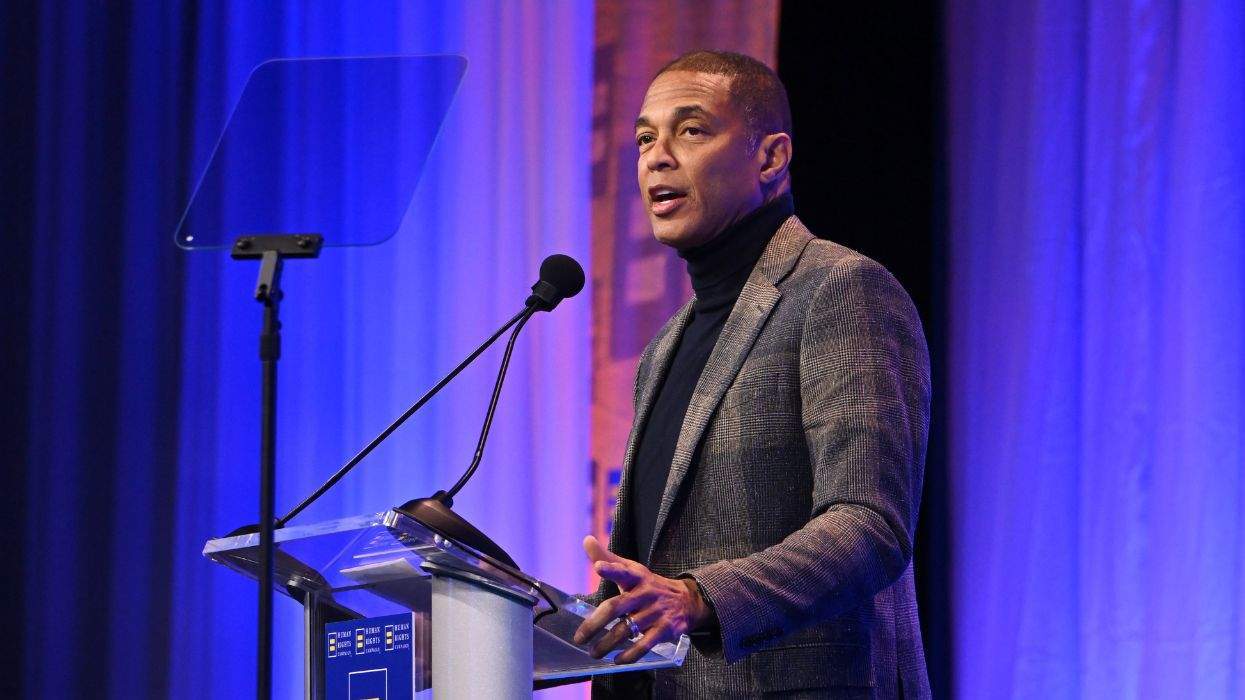
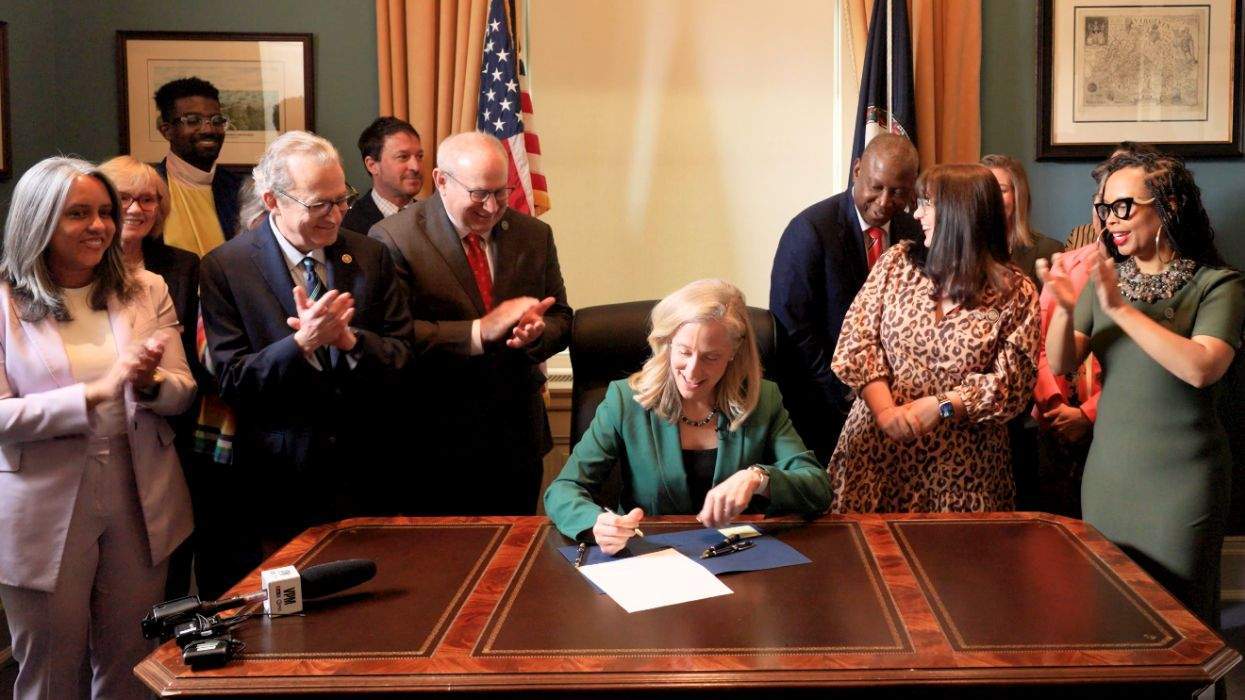
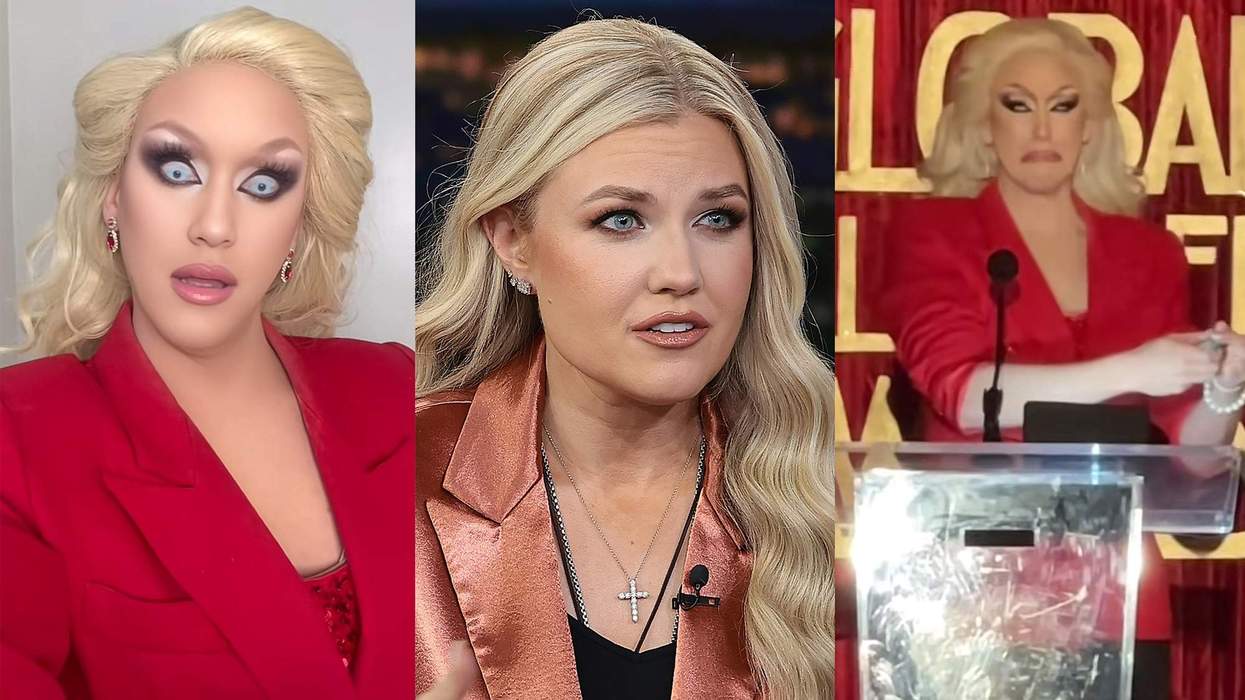
Charlie Kirk DID say stoning gay people was the 'perfect law' — and these other heinous quotes
These are some of his worst comments about LGBTQ+ people made by Charlie Kirk.